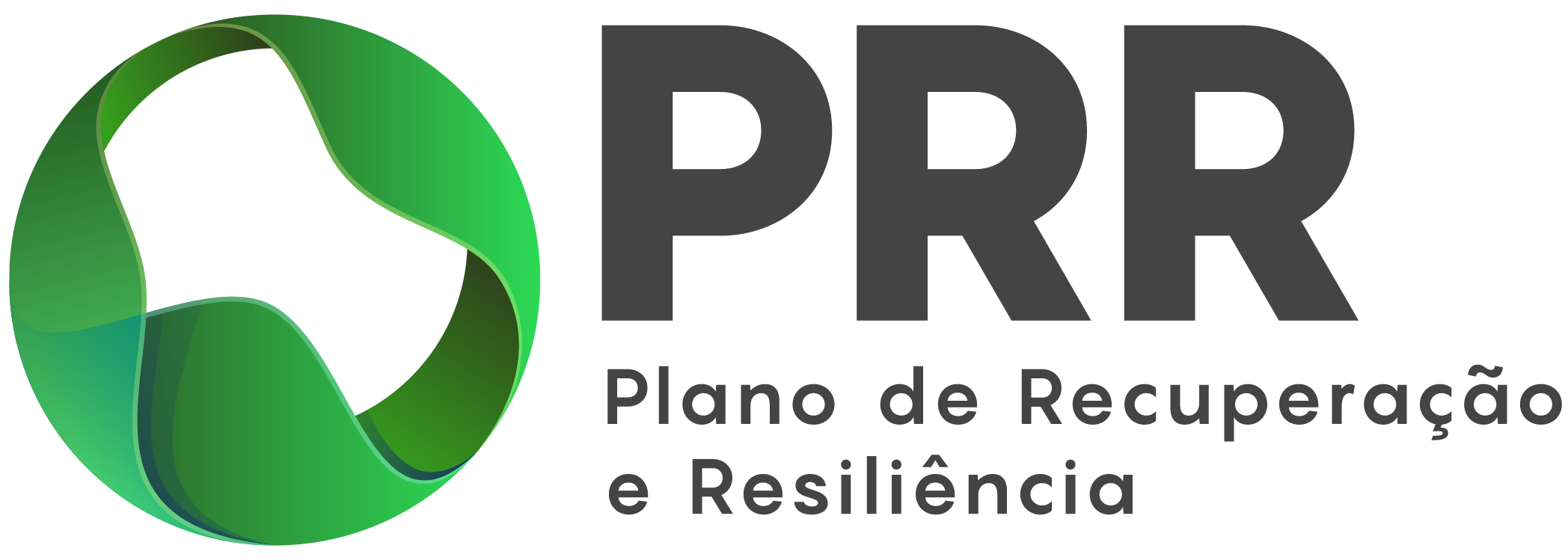Portugal has risen to 17th place in the Global Gender Gap Index 2024, according to the World Economic Forum report. This represents significant progress compared to last year, when the country was ranked 32nd. The annual report measures gender parity across four main dimensions: Economic participation and opportunity, educational attainment, health and survival, and political empowerment.
The Global Gender Parity Index for 146 countries reached 68.5% in 2024, an increase of 0.1 percentage points from the previous year. Iceland continues to lead the index with 93.5% gender parity.
Portugal's specific rankings are as follows:
• Overall position: 17th
• Overall score: 0.787
• Economic participation and opportunity: 27th (score 0.754)
• Educational Attainment: 68th (score of 0.994)
• Health and survival: 62nd position (score of 0.973)
• Political empowerment: 26th place (score of 0.429)
Since the report's inception in 2006, the Index has tracked global progress towards gender parity. Iceland has led the Index for a decade and a half. Other European countries such as Finland, Norway and Sweden are also in the top 10.
Women make up 42% of the global workforce and 31.7% of senior management positions. Women remain under-represented in STEM (science, technology, engineering and mathematics) fields, where they make up 28.2% of the workforce.
Increased female representation in AI talent and progress in inclusion and diversity policies are areas of focus. Education and skills development are also increasingly balanced, with women interested in areas such as collaboration, leadership and social impact.
The Global Gender Parity Index for 146 countries reached 68.5% in 2024, an increase of 0.1 percentage points from the previous year. Iceland continues to lead the index with 93.5% gender parity.
Portugal's specific rankings are as follows:
• Overall position: 17th
• Overall score: 0.787
• Economic participation and opportunity: 27th (score 0.754)
• Educational Attainment: 68th (score of 0.994)
• Health and survival: 62nd position (score of 0.973)
• Political empowerment: 26th place (score of 0.429)
Since the report's inception in 2006, the Index has tracked global progress towards gender parity. Iceland has led the Index for a decade and a half. Other European countries such as Finland, Norway and Sweden are also in the top 10.
Women make up 42% of the global workforce and 31.7% of senior management positions. Women remain under-represented in STEM (science, technology, engineering and mathematics) fields, where they make up 28.2% of the workforce.
Increased female representation in AI talent and progress in inclusion and diversity policies are areas of focus. Education and skills development are also increasingly balanced, with women interested in areas such as collaboration, leadership and social impact.




